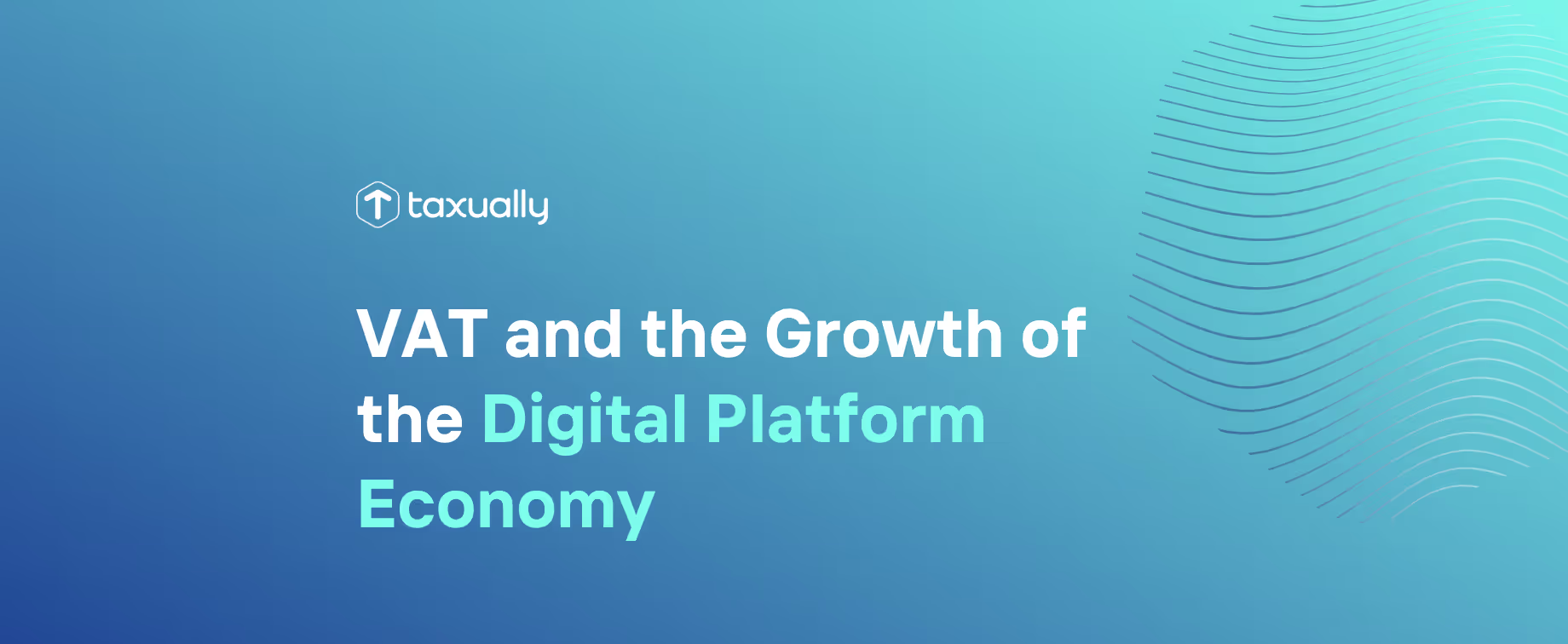Key takeaways
- VAT reform for digital platforms: The EU’s VAT in the Digital Age (ViDA) initiative, launching July 1, 2027, will make platforms liable for VAT on short-term rentals and passenger transport when providers aren’t VAT-registered.
- Bridging the VAT gap: ViDA aims to close tax loopholes in the growing digital platform economy, reducing the gray market and ensuring fairer taxation across services.
- Ongoing complexity: Until ViDA takes effect, platforms must comply with existing VAT rules and CJEU case law, with authorities increasing scrutiny of non-compliant operators.
The rapid growth of the digital platform economy has significantly disrupted traditional business models, creating competitive distortions and a gray market. Digital platforms blend various business models (B2B and B2C), often blurring the lines between service providers and consumers. This ambiguity poses challenges for VAT purposes, particularly in determining the status of the service provider and recipient, complicating the place of taxation and VAT rate determination.
A significant issue is the gray zone where services provided via platforms remain untaxed (short-term rentals and passenger transport, for example). The current EU VAT system does not adequately address the challenges posed by these new digital business models, necessitating reforms to close these tax gaps and bring clarity to VAT obligations.
The ViDA solution
Effective July 1, 2027, The ViDA project (VAT in the Digital Age) aims to address VAT taxation issues for services provided via digital platforms. However, it should be noted that ViDA only focuses on passenger transport and short-term rental services and does not cover all platform-provided services. A key ViDA provision is treating platforms as the "service provider" if the actual provider is not VAT-registered, making platforms responsible for VAT collection and remittance.
What’s next for VAT and the digital platform economy?
ViDA's regulations will be implemented in July 2027, but challenges for platform-based services remain. The DAC 7 Directive, effective July 1, 2024, partially addresses the gray zone issue but does not fully resolve the complexities involved. Determining the service provider remains an unresolved issue, and up until now has been guided by current VAT regulations and CJEU judgments (Uber and Airbnb cases).
National authorities are increasingly scrutinizing digital platforms, and just recently a large short-term accommodation rental platform agreed to pay the Italian tax authorities an outstanding VAT amount totaling EUR 94 million.
The planned ViDA regulations are a positive step towards reducing VAT uncertainties and the gray market, but until ViDA's implementation, platforms and service providers must adhere to existing VAT rules. Post-ViDA, services not covered by the project will still follow current VAT regulations.
Platforms and service providers should proactively assess their VAT obligations to avoid future tax authority scrutiny, learning from other countries' experiences. As the digital economy evolves, so must the frameworks that govern its taxation, ensuring fair and effective VAT collection across all sectors.
Frequently asked questions
New Year's Day - 1/1/2024Memorial Day - 5/27/20244th of July - 7/4/2024Labor Day - 9/2/2024Thanksgiving Day - 11/28/2024Day after Thanksgiving - 11/29/2024Christmas Eve - 12/24/2024Christmas Day - 12/25/2024
What challenges do digital platforms create for VAT compliance?
Digital platforms blur the line between service providers and consumers, making it difficult to determine who is responsible for VAT and where services should be taxed.
What is the ViDA project?
The VAT in the Digital Age (ViDA) initiative, effective July 1, 2027, will make digital platforms responsible for collecting and remitting VAT on short-term rental and passenger transport services when providers are not VAT-registered.
Does ViDA cover all platform-based services?
No. ViDA currently applies only to passenger transport and short-term accommodation rentals. Other platform-provided services will still follow existing VAT rules.
What should businesses do before ViDA takes effect?
Platforms and service providers should review their VAT compliance processes under current regulations and prepare for greater scrutiny from tax authorities in the coming years.



















